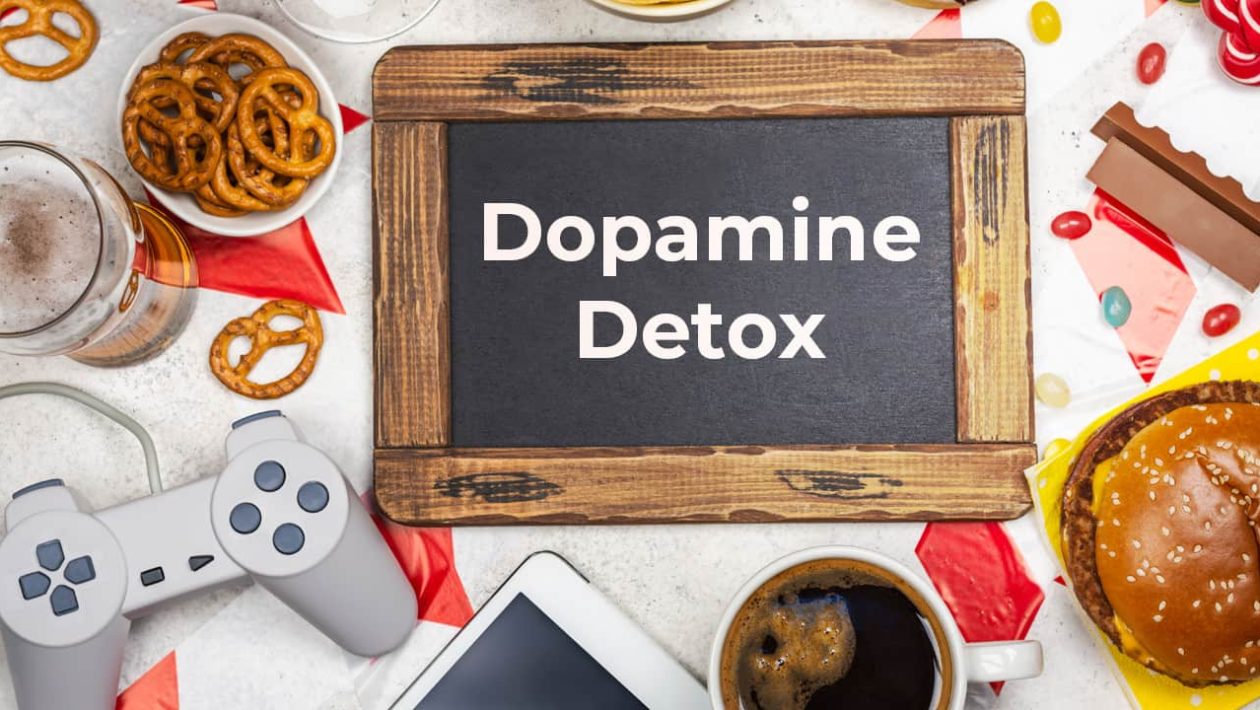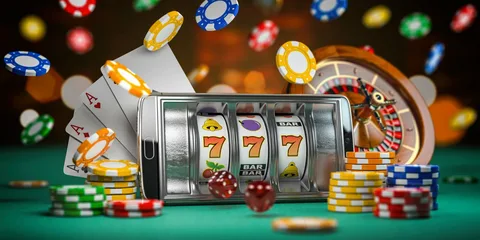Let’s see what dopamine is, why people practice deliberately avoiding it, and why “dopamine fasting” won’t make you productive and happy.
Why We Need Dopamine
Dopamine is a neurotransmitter hormone that transmits signals to the brain. Dopamine sends information about whether a person should engage in a particular activity; simply put, it’s responsible for evaluating the benefits of an action.
For example, you’ve turned in a project you’ve been working on for weeks; your supervisor praised you for your work and gave you a bonus; you experienced pleasure, and you are motivated to repeat the success. Dopamine is responsible for this.
For example, you created a 20Bet login and got a huge sum after betting for the first time; you experienced pleasure, and you want to repeat the action. And dopamine is responsible for that.
In both cases, we end up with pleasure. Only in the first, we are led to it by weeks of hard work, and in the second, we do almost nothing. This is where the talk about easy dopamine, that is, the easy way to get dopamine, comes from.
Simply put, dopamine stimulates us to perform activities that bring pleasure. In a general sense, dopamine and pleasure are related, but “dopamine” still doesn’t equal “pleasure,” but rather a hopeful hormone that helps us make decisions — whether to play a funny game or take on a difficult work task. It’s involved in a person’s motivation system, making them repeat actions that will lead to pleasure.
What Dopamine Loops Are and What Their Dangers Are
Scrolling through the web, watching videos, or playing games simplifies and speeds up the process of getting dopamine: you scroll through the feed expecting to find something interesting, get dopamine from the anticipation, and continue scrolling. But in this case, the end goal is missing, and the brain focuses only on the anticipation, not on the result. This is how the dopamine loop is formed.
The dopamine loop is a trap when a person cannot stop and performs the same actions not for the sake of the result, but for the sake of the process itself.
When a dopamine loop is formed, the brain no longer understands when to stop: you don’t just check social media, you scroll for a long time because this action has no end goal.
Social media scrolling isn’t dangerous if it doesn’t interfere with your normal life. For example, after a hard day at work, you decide to watch videos for two hours without stopping — that’s fine, it’s your way of relaxing.
Problems from scrolling social media, games, and similar activities arise when you increasingly start to choose the easy way to get dopamine, which makes you give up important projects and useful activities (which would also eventually lead to getting dopamine, but later and more difficult).
Dopamine loops can occur from more than just social media or gaming. If you do the same even useful thing without an end result for hours on end, there’s no benefit. You will feel tired, saturated, and have no energy for other activities.
As with anything else, everything is good in moderation.
Giving up Dopamine Doesn’t Make You More Productive
Cameron Sepa once used the term dopamine fasting. Many people took the headline as advice and decided that practicing “fasting” helped them break unhelpful habits and become more productive and happy.
The author of the term “dopamine fasting” didn’t call for giving up pleasant things; he was talking about reducing the number of impulsive actions, that is, for example, not to give up social media completely, but to spend less time there.
Later, Cameron Sepa released another paper on the topic of dopamine, where he suggested that to fight addiction to some activities, people should practice dopamine switching, meaning switching your attention and restoring behavioral flexibility. For example, you notice that you spend a lot of time playing one game. The next time you feel like playing it, switch your attention — watch TV, listen to music, and call a friend. It’s important that the new activity brings you pleasure; otherwise, your brain will think that you have forbidden it to do something.
Try dopamine switching, for example, in the countryside where there is no connection. You can spend a week enjoying nature and socializing instead of switching to TV series, news, social media, YouTube videos, and games. Such dopamine weekends can be organized even in the city.
Make a list of activities that can bring you pleasure and joy. It can be hobbies, reading (long texts are better), drawing, photography, crafts, dancing, flower gardening, and fishing. Something that you are passionate about but also requires involvement and develops skills.
The most positive impact on the dopamine system comes from exercise. The pleasure that people feel after strength exercises is largely due to the production of dopamine. Choose the load and exercise regimen that are right for you.
With dopamine switching, you can “teach” dopamine to make a decision in favor of healthy habits: for example, instead of scrolling social media, go for a short walk. If it gives you a burst of energy, then over time your brain will remember the action that made it feel good, and next time it will decide in its favor.





